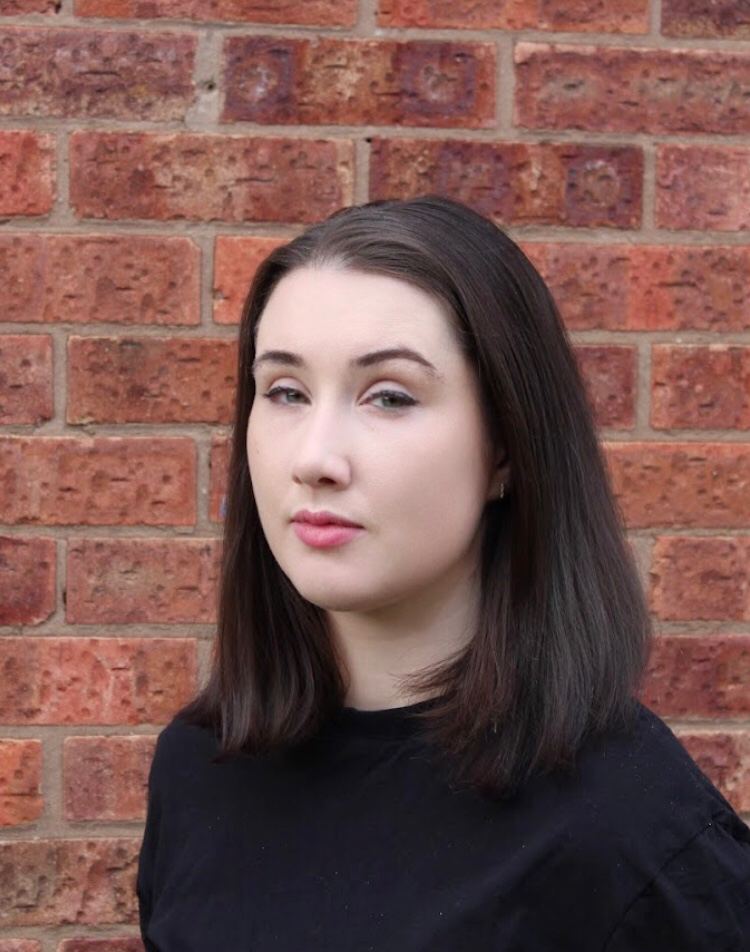Late last week, the Wall Street Journal reported that Elon Musk, the U.S.-based oligarch with extensive influence on American politics, had been in regular contact with Russian President Vladimir Putin since late 2022. The revelation came weeks after reports that similar calls were potentially made by former U.S. President Donald Trump, the current Republican Party nominee who is heavily backed by Musk.
The former and potentially future U.S. president did not support nor accept the claim that he spoke to Putin after the start of Russia’s full-scale invasion of Ukraine in February 2022.
Elon Musk, the U.S.-based oligarch with extensive influence on American politics, had been in regular contact with Russian President Vladimir Putin since late 2022.
Both of these stories focused on the alleged direct line of communication between Putin allegedly and those who could influence the U.S. response to Russia’s ongoing war in Ukraine.
However, they also mentioned several Russian characters that slipped from the public eye. One of Musk’s alleged points of contact was a less-known Russian official, Sergei Kiriyenko, according to the WSJ.
Unknown to the general public outside Russia, Kiriyenko, Putin’s first deputy chief of staff, holds enormous sway over the Kremlin’s war effort and its control of Russian-occupied parts of Ukraine.
He is also one of the clearest cases of how a Russian liberal morphed into a government-employed technocrat and later a pillar of President Putin’s regime.
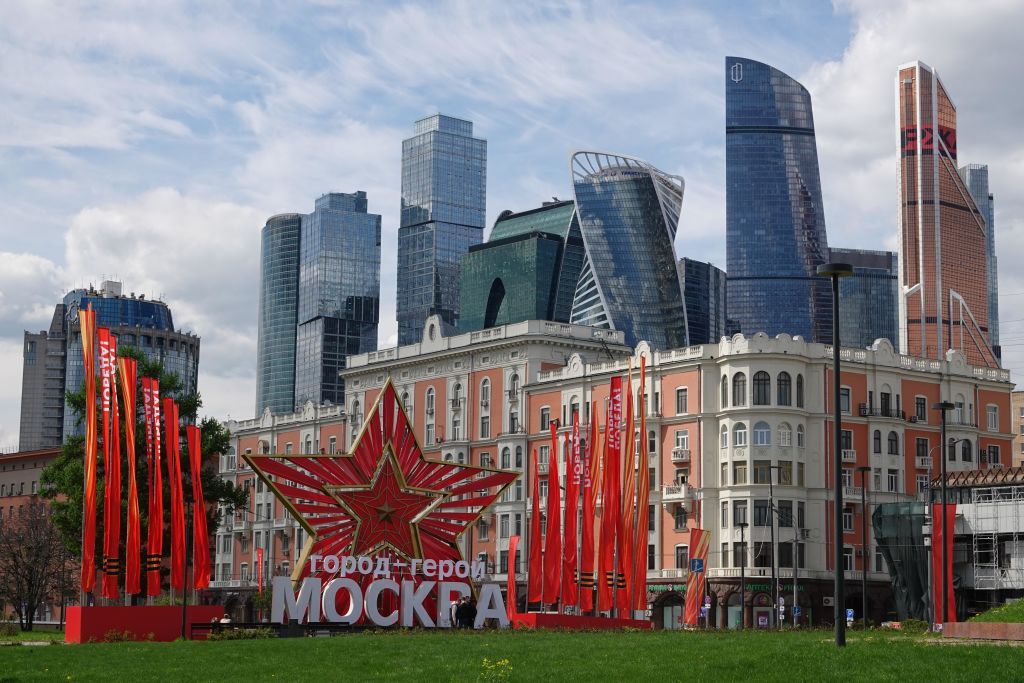
From young reformer to Putin aide
Sergei Kiriyenko is no stranger to politics. He accepted his first government position in Russia’s energy ministry in 1997, having previously headed the Norsi oil company in the Russian city of Nizhny Novgorod. Then, in 1998, Kiriyenko was promoted to Russian Prime Minister in a dramatic government shakeup.
He was just 35 years old: the youngest prime minister in the country’s history.
At the time, Kiriyenko was heralded as a “young reformer” alongside politicians such as Anatoly Chubais and Boris Nemtsov — someone who could tackle Russia’s dire economic problems.
But Kiriyenko’s tenure was short-lived. Four months into his tenure, an ongoing economic crisis led to Russia failing to pay off its debt.
He ultimately resigned in August 1998 after Russia declared a sovereign default.
Yet, the former youngest prime minister with the shortest tenure in the country’s history wasn’t done with politics. He was a major supporter of liberal economic reforms.
Kiriyenko continued to work closely with Nemtsov, founding a political party, the Union of Right Forces, to run in Russia’s 1999 parliamentary elections. The group struggled to make an impact at the ballot box and less than a year later Kiriyenko ultimately accepted a series of posts from the newly-elected president – Vladimir Putin.
In May 2000, he was named Presidential Envoy to the Volga Federal District; five years later, he was appointed the head of Rosatom, Russia’s Federal Atomic Energy Agency.
These posts were far from the Moscow decision-making centers, to which Kiriyenko was close in the late 1990s.
Yet, following Russia's invasion of Ukraine in 2014, the lives of two former allies, Kiriyenko and Nemtsov, took a drastic turn.
Nemtsov, by then a vocal critic of Putin’s regime, was assassinated near the Kremlin in 2015. A year later, Kiriyenko became the first deputy head of Putin’s administration.
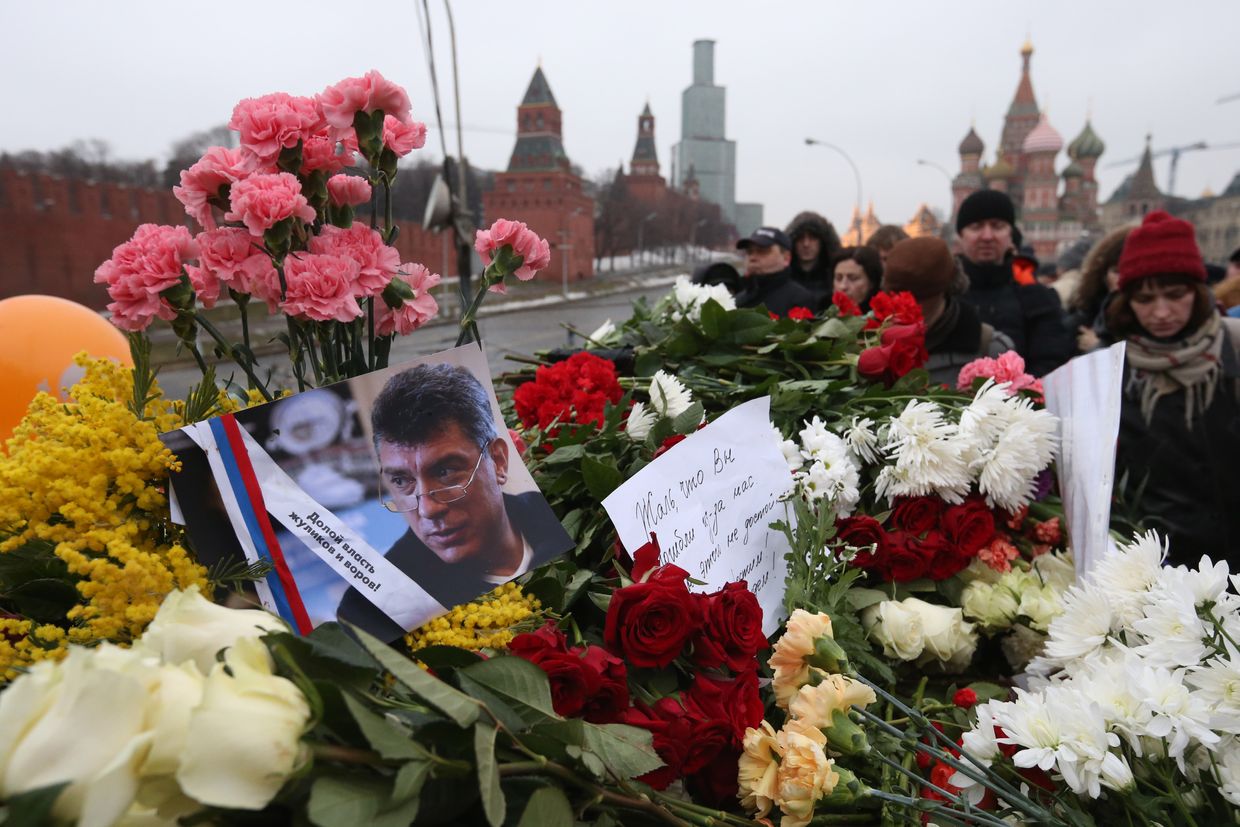
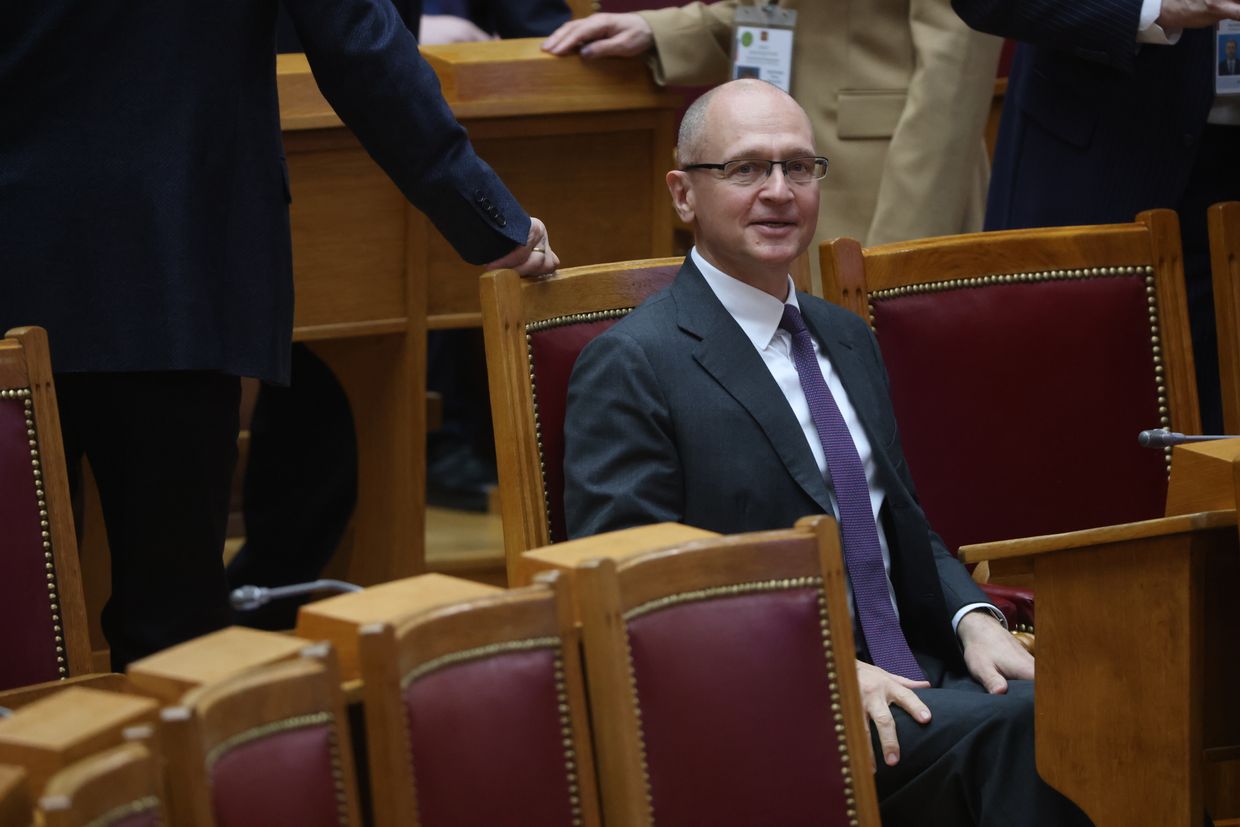
Dr. Maria Snegovaya, a senior fellow with the Europe, Russia, and Eurasia Program at the Center for Strategic and International Studies (CSIS), describes Kiriyenko's rise — and his ideological flexibility — as typical for careerists in the late Soviet Union.
She highlights Kiriyenko’s willingness to serve as the first secretary of the Soviet regional Komsomol Committee even as the USSR was actively disintegrating.
“At the time, people who went into the system did not believe in Communist ideals, but they were and remain statists. They believed in serving the Russian state,” she says. “Such ambitious individuals typically were intent on making a career under any leadership regardless of specific ideals or values.”
From the early 1990s onwards, Kiriyenko has remained loyal to a tumultuous kaleidoscope of regimes, from Yeltsin’s pro-Western government to Putin’s revanchist state. It is this dedication to the state, rather than ideology, that is valuable to the Kremlin. Many such willing and politically malleable officials now sit at the top of Russia’s power structure.
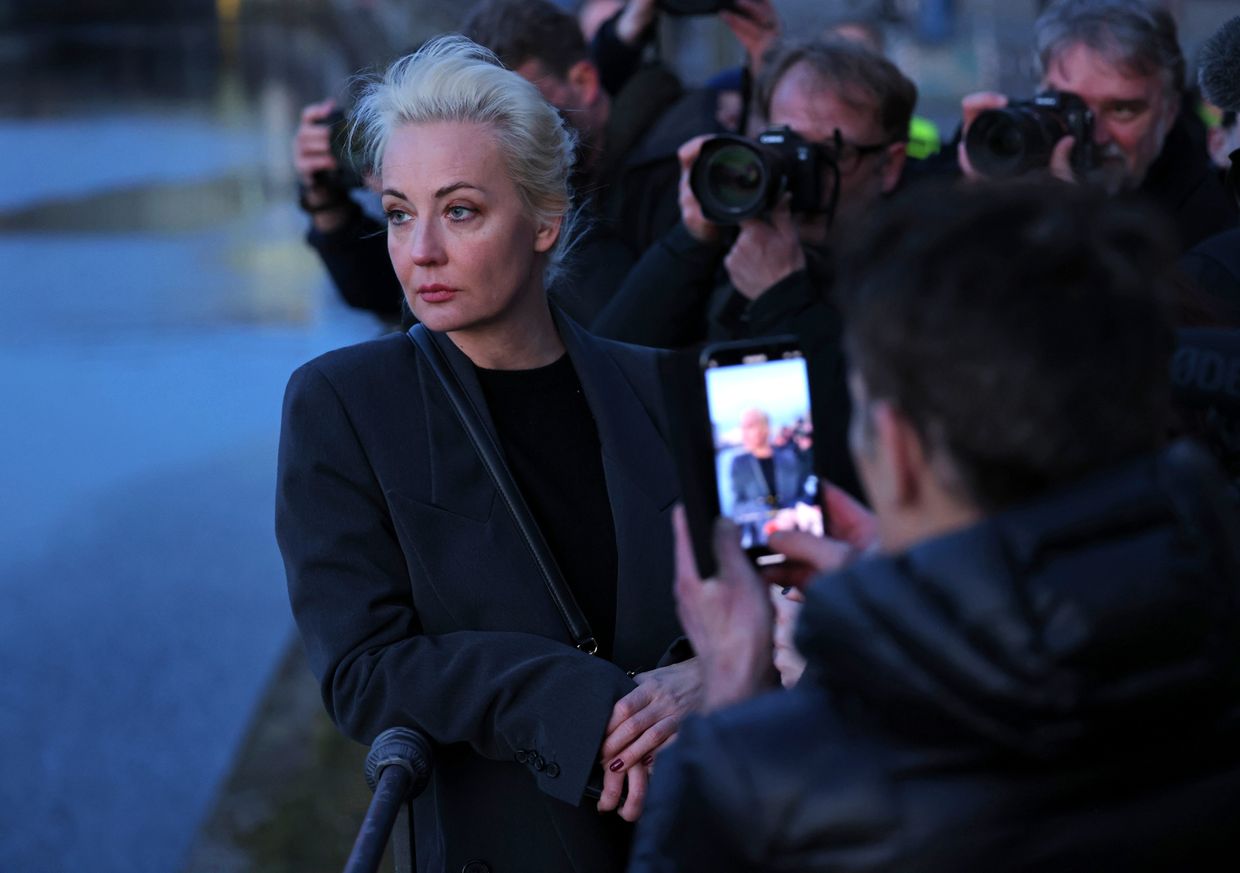
Pillar of the regime
It is not only ideological flexibility that has allowed Kiriyenko to flourish under a Putin government, but his ability to reinvent himself within the Kremlin’s closed system. Kiriyenko’s original tasks focused on elections and domestic policy. But as the Kremlin’s attention has shifted, the now 62-year-old bureaucrat has also sought to broaden his domain.
Kiriyenko has become a key figure in administering Russian-occupied areas of Ukraine, leading the rollout of sham referendums. Independent Russian news outlet Meduza reported that Kiriyenko secured that post in a personal meeting with Putin himself, where he laid out his “vision” for newly occupied territories.
Family ties are also expanding Kiriyenko's reach. Kiriyenko’s son, Vladimir, was appointed CEO of Russian social media site VKontakte — a company in turn controlled by the Russian state-owned Gazprombank — in December 2021, at the age of 38.
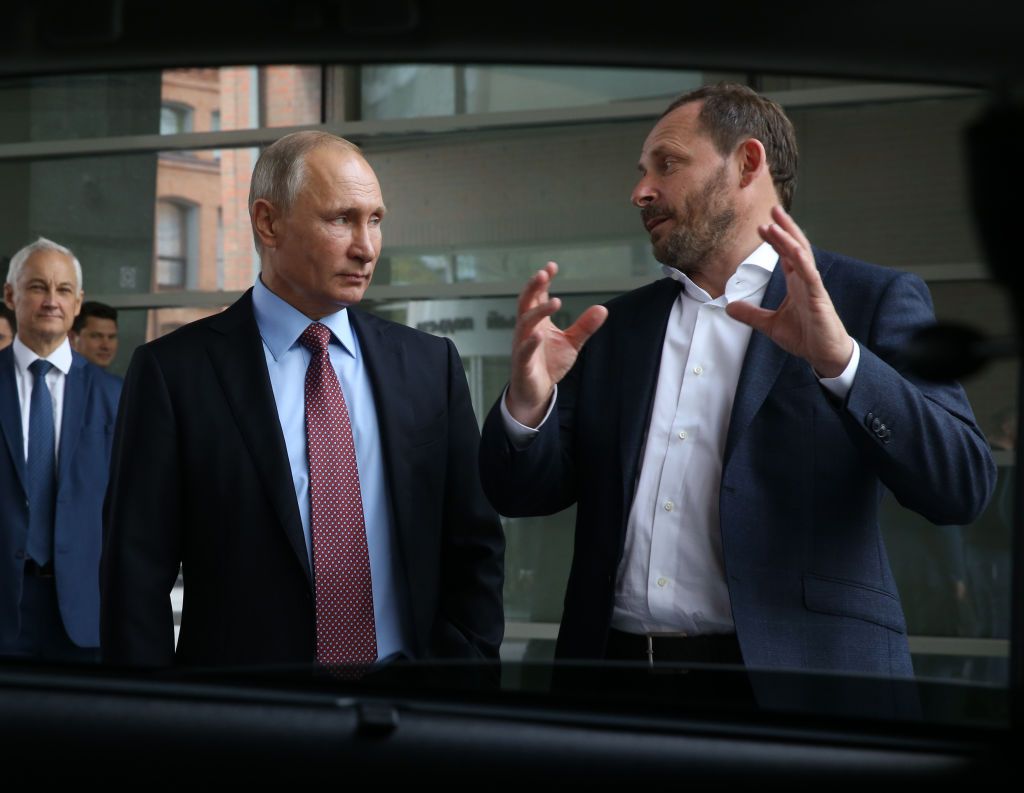
“This demonstrates that Putin sees Kiriyenko as his reliable associate. Putin needs to find replacements from reliable cadres, and gradual inheritance of status is a natural feature of autocratic neo-patrimonial systems such as Putin's, which do not allow outsiders in,” Snegovaya says.
Kiriyenko has also reportedly played his own role in Russian digital policy. In September, the U.S. Justice Department publicly linked Kiriyenko to 30 internet domains that appeared to be legitimate American news sites but were instead created specifically to amplify Russian propaganda.
Kiriyenko has been on the radar of Western officials for some time. If the WSJ findings are true, Musk’s calls would link him to a man under U.S., EU, and U.K. sanctions.
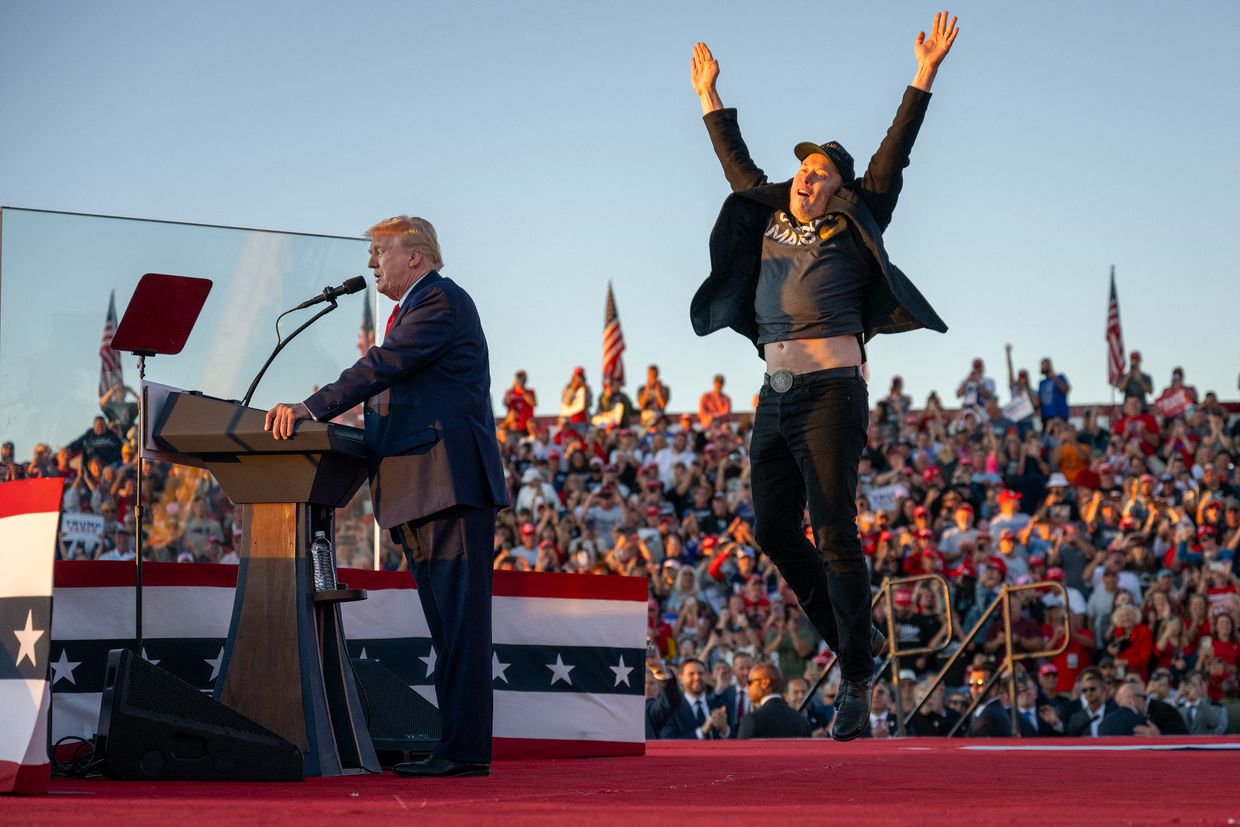
“Musk owns what is probably still the most influential social media platform in terms of reaching people who shape opinion on domestic and foreign policy,” says Dr. Ruth Deyermond, a senior lecturer in Post-Soviet Security in the Department of War Studies at King's College London.
“The fact that the man who owns X may be in contact with Russian officials, including individuals who are linked to accounts pumping out disinformation on X, is extremely worrying.”
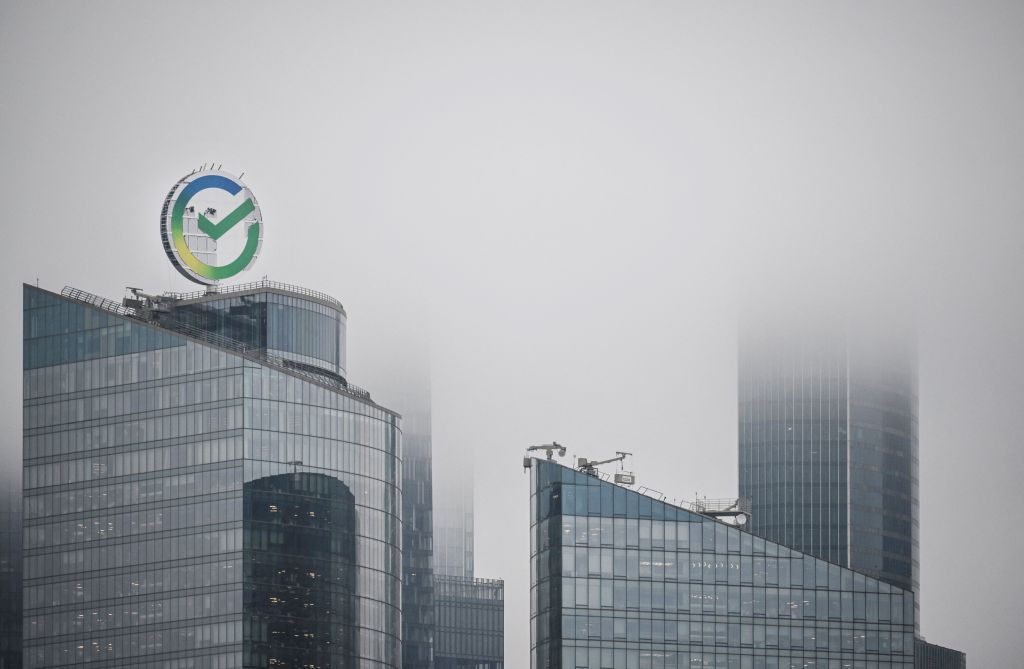
No safe distance
Kiriyenko’s current reach across a variety of fields makes him one of the key bureaucrats in Putin’s Russia. The control of occupied parts of Ukraine is one sphere where Kiriyenko has been able to make himself indispensable to the Kremlin.
According to experts, attempting to influence U.S. policy toward Ukraine would be very much on Kiriyenko’s radar.
Meanwhile, Musk is a U.S. security contractor, working with the U.S. government in areas such as satellite launches. He supplies Starlink internet terminals to the Ukrainian army. Domestically, he is also heavily involved in the current contentious U.S. presidential race, and has shared his ideas on Russia’s war in Ukraine — views that many see as echoing those of Putin and his regime.
“(Occupied) Crimea formally part of Russia, as it has been since 1783 (until Soviet leader Nikita) Khrushchev’s mistake,” Musk famously wrote as a proposal, repeating the Russian narrative that the occupied peninsula was Russian for the taking.
“For the Russian government, Musk gives a unique prize. He has a unique skill set for anyone who is interested in influencing those kinds of things (like U.S. defense policy or politics),” Deyermond says. “Getting Musk on side, persuading him or encouraging him to adopt their point of view and to act in ways that would benefit them, that would be a huge, huge success for the Russian government.”
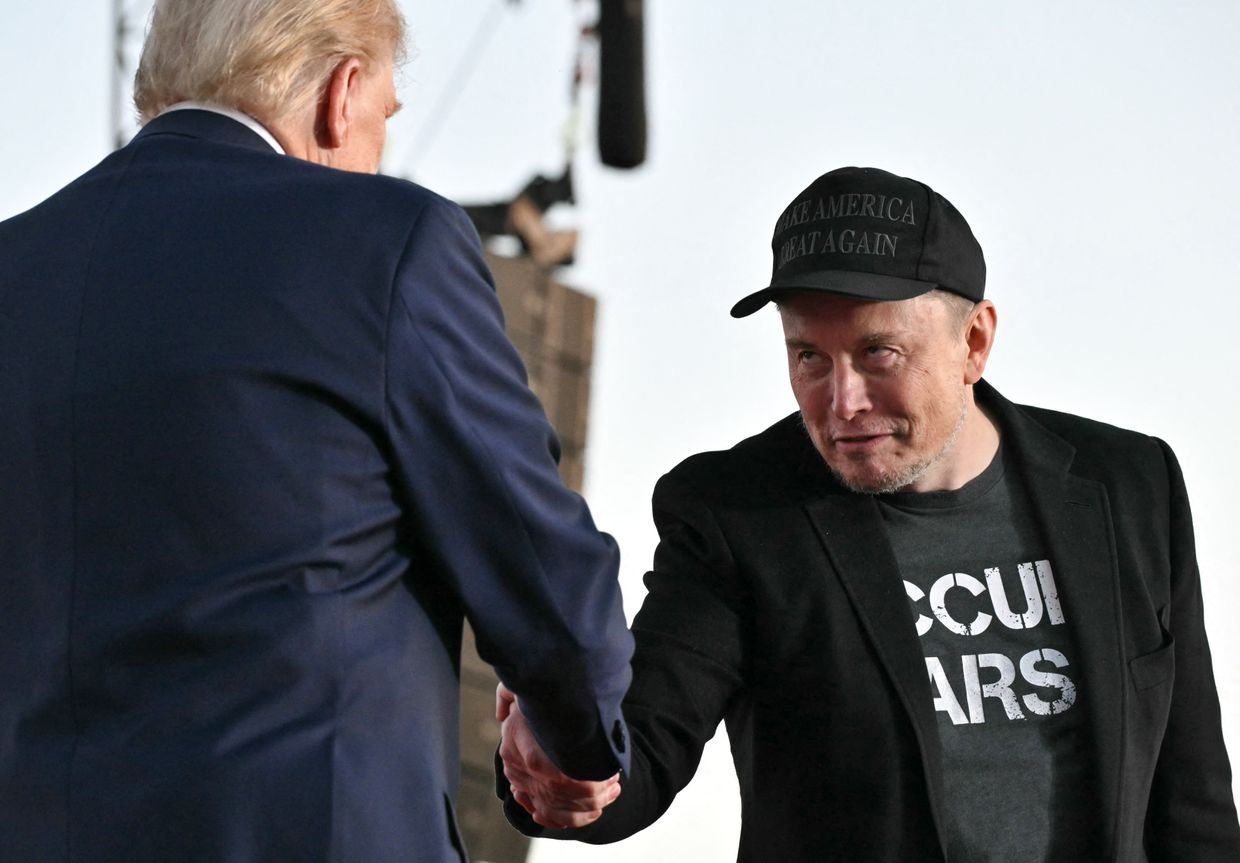
Ultimately, while alleged contact with a man such as Kiryenko — a technocrat with no outspoken political beliefs, an individual generally happy to remain in the background — may seem less sinister than meetings more vocal, hawkish Russian figures, the fluid, interconnected nature of Russia’s authoritarian government means that any links could pose risks.
“Russia is an authoritarian state. You don't have to be in the Russian government to be operational on behalf of the Russian government. That’s true in any authoritarian state, it's been particularly an issue in Russia,” says Deyermond.
“(Allegedly,) Musk has been talking to people who are in the wider Kremlin circle and who have been seen to be operating in ways that benefit the Russian government. Even if it was unclear that these were pro-Kremlin individuals or Kremlin agents, (they are) in effect, extensions of Kremlin policy.”
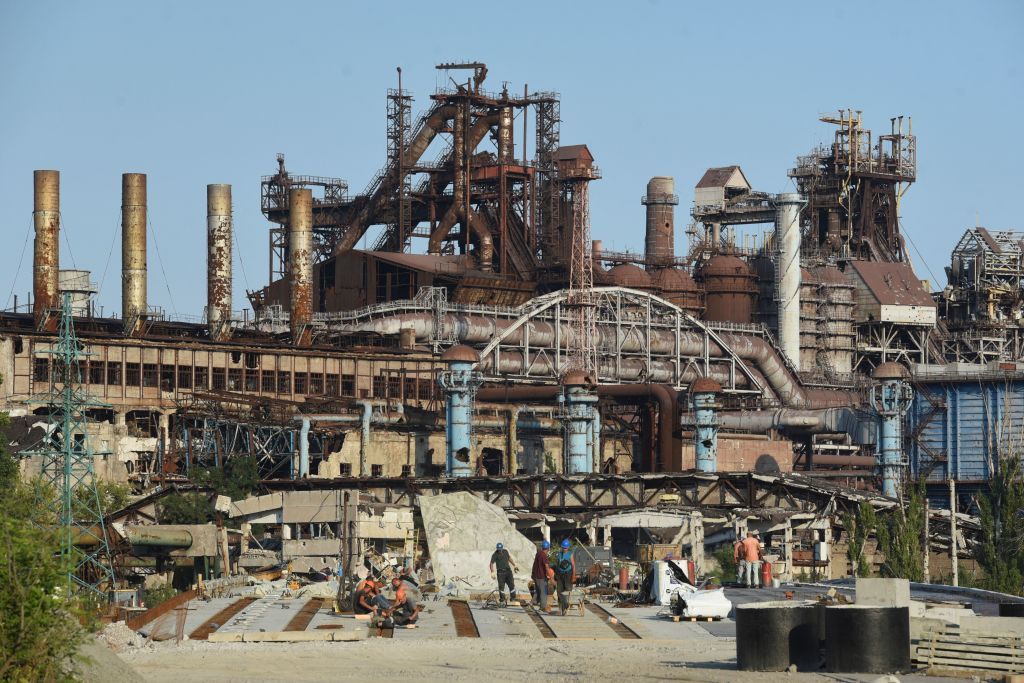
Introducing official
merch from the Kyiv Independent
